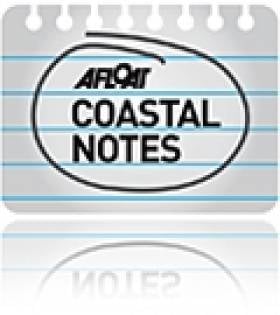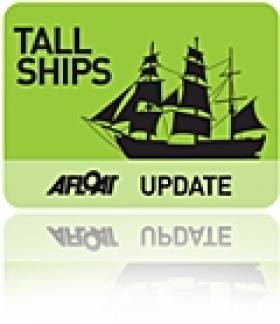Displaying items by tag: facts
New Book Documents History of Down Coastal Towns
#COASTAL NOTES - A new book detailing the "colourful history" of Helen's Bay and Crawfordsburn in north Down has been launched, the News Letter reports.
Twixt Bay & Burn features a number of rare photographs among interesting and little-known facts about the coastal area from the 17th century to today.
Also documented in its pages are the memories of over 50 residents going back to the 1920s, highlighting the area's contributions to the Second World War effort.
Robin Masefield, who compiled and edited the book, described it as a "labour of love".
The News Letter has much more on the story HERE.
50 Facts About the Tall Ships Races 2011
Ahead of the Tall Ships Races in Waterford which begin tomorrow, Waterford Today presents 50 facts you may not be aware of regarding the annual event and its host city for 2011.
Did you know, for instance, that Waterford was once home to some of the most sophisticated shipbuilding operations of the 19th century, and was this country's leading location for iron shipbuilding from the mid-1840s to the early 1860s?
Or that the 55-metre barque Europa, from the Netherlands, is celebrating 100 years afloat in 2011?
Waterford Today has more interesting facts about this year's races HERE.

























































